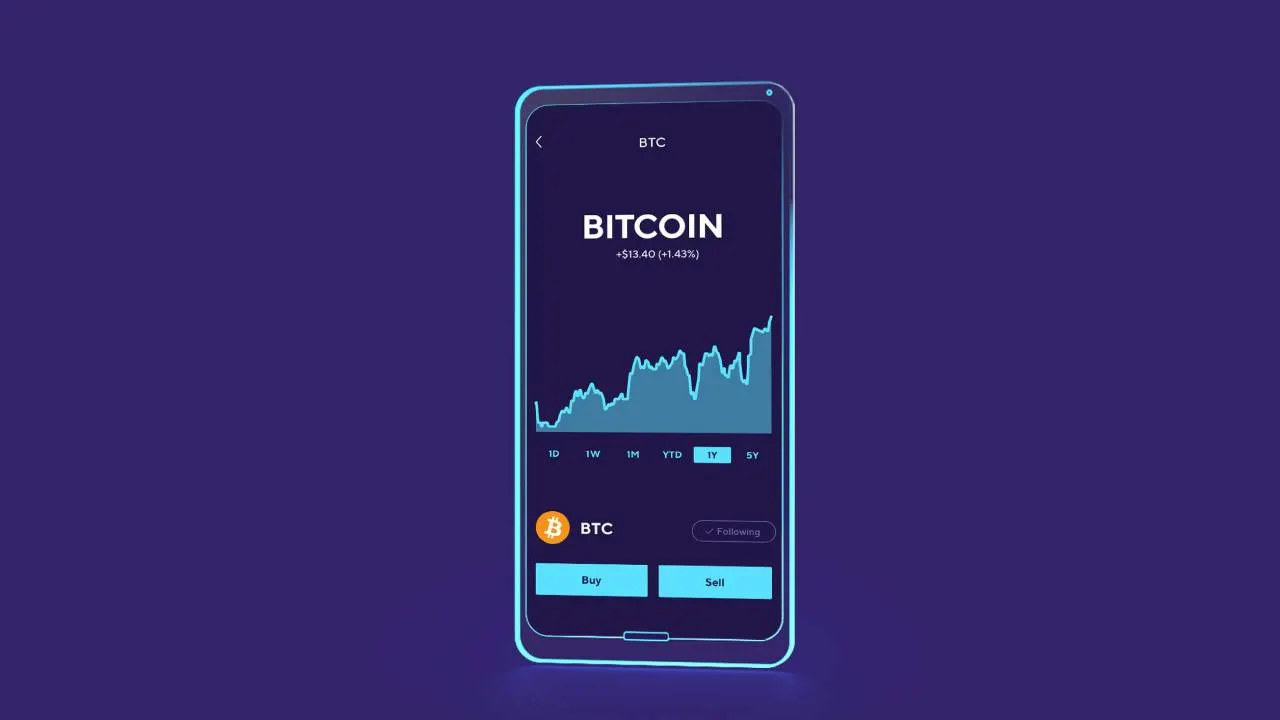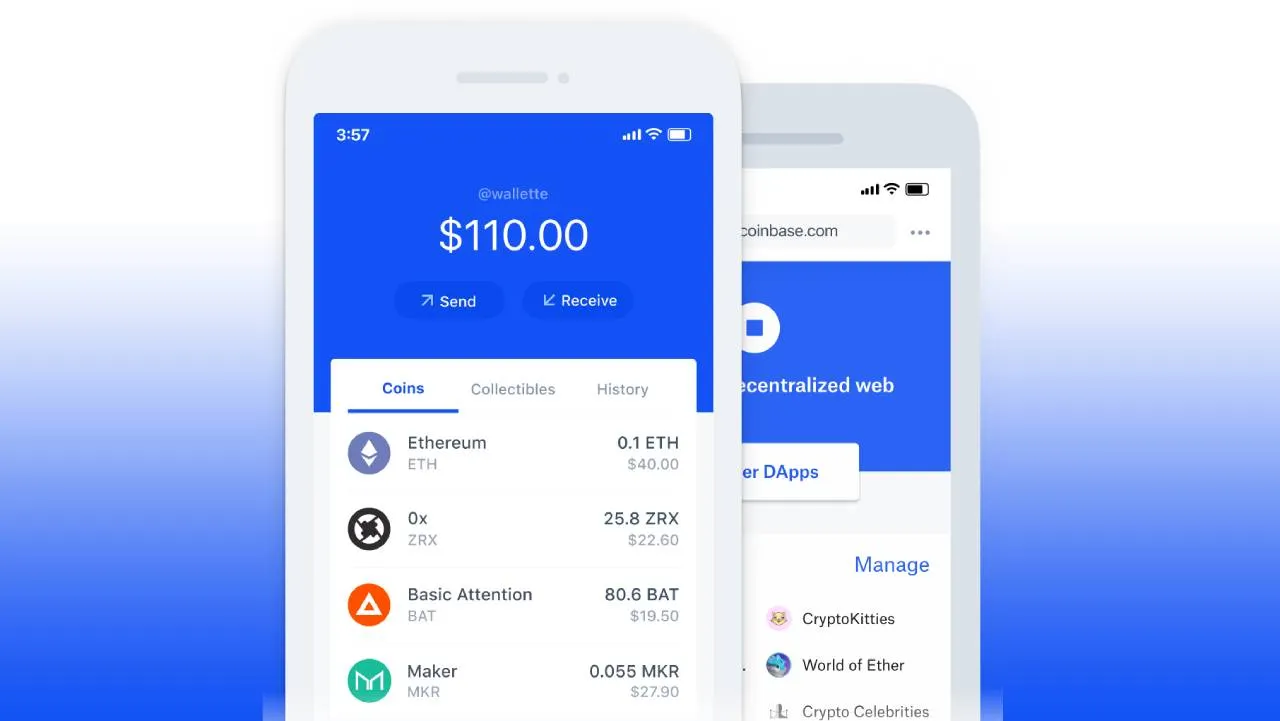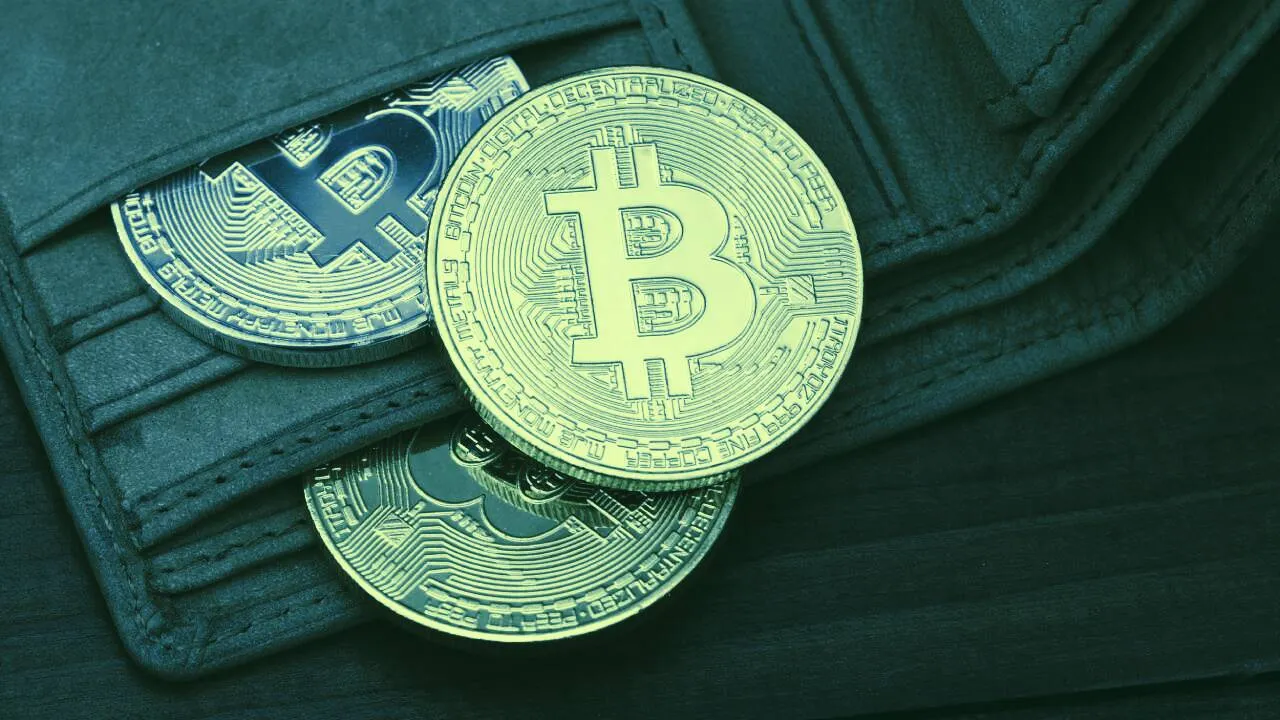In brief
- Bitcoin wallets store your private and public keys.
- There are several different types of Bitcoin wallet.
- They include paper wallets, web wallets, mobile wallets and hardware wallets.
Jump to
If you're reading these words, congratulations—you are, or about to be, the holder of some Bitcoin. To do so, however, you’ll need a Bitcoin wallet to store it in—which is why you’re probably here.
Working out which Bitcoin wallet is right for you can be a daunting undertaking; there are a lot of options out there, each with their own advantages and disadvantages. We've rounded up some of the best options—but before that, let's kick off with the basics.
What is a Bitcoin wallet?
A Bitcoin wallet, like other cryptocurrency wallets, is a piece of software that allows you to store digital currencies (in this case, Bitcoin), as well as giving you the ability to view your balance, send, and receive more. In essence, it’s your private crypto bank account—but it’s completely under your control.
It works by storing your private and public keys—which in most cases, including Bitcoin, are 256-bit numbers, viewed to us as 64 hexadecimal characters in the ranges 0-9 or A-F.
Your private key is incredibly important, and should never be shared or haphazardly stored. If you lose or forget it, you’ll be locked out of your wallet with no way to access your funds, which is about as painful and as gut-wrenching an experience as you can imagine. Not your keys, not your wallet, as the saying goes.
Your public key, on the other hand, is what you share with senders or recipients, and allows people to send Bitcoin to your wallet address (a hashed version of your public key).
What types of wallet are there?
There are several different types of Bitcoin wallet, ranging from simple printed paper ones, to more advanced hardware wallets. Each has their advantages and disadvantages, from cost to security.
- 📝A paper wallet is a document that contains a public address for receiving Bitcoin, along with a private key that lets you transfer or spend Bitcoin that’s stored in that address. They’re normally printed out in the form of QR codes, letting you easily scan them to quickly and easily add them to a software wallet.
Paper wallets might sound strange in this digital world, but given their analog nature, they’re immune from online attacks, malware and keyloggers because, well, they’re pieces of paper. Make sure you keep them well-secured, though, because there’s no defence if nefarious individuals come across them in real life. - 📱 Mobile wallets are ideal for people who regularly use Bitcoin on a daily basis, whether that involves trading or paying for goods and services. If you’re in a particularly high-tech shop, you can even use NFC contactless payments to spend your Bitcoin with a simple tap.
The downside, of course, is that phones are often stolen or misplaced, and can be hacked. As long as your phone and wallet are password protected though, you can always download your wallet on another phone, restore it, and then change your passphrase. - 🕸️ In a similar vein to mobile wallets, web wallets can be used to easily access your funds on the move, and your private keys are stored on a server that is online and controlled by a third party. If not properly secured however, people can still gain access to your private keys, and take over your funds.
Often, people leave their crypto stored in wallets run by crypto exchanges, which is never a good idea if you’re not regularly trading. People have lost thousands of dollars in instances where shady exchanges close up shop, stealing people’s funds in the process. And even high-profile exchanges like Binance and KuCoin have fallen victim to hacks; although reputable exchanges will guarantee users’ funds, it’s still a risk that can be easily avoided. - 🖥️ Desktop wallets are downloaded and installed on your PC, storing your keys on your hard drive or SSD. Their main advantage is that they’re more secure than mobile and web wallets, as they’re harder to steal and don’t rely on third parties. Despite this, they’re still connected to the Internet, and as a result, aren’t completely protected from attacks.
- 🔐 A hardware wallet is the fanciest and most secure way of storing Bitcoin, or any other cryptocurrency for that matter. Essentially, your keys are stored in a hardware device and, unlike paper wallets which have to be transferred over to software, hardware wallets can be interacted with directly. Immune to viruses, many have actual screens that show important details such as your balance or recovery phrase, or addresses that you’re sending funds to.
Bitcoin hardware wallets
Ledger Nano X: Ledger made one of the first hardware wallets, and is a widely trusted brand. The Nano X comes complete with revamped innards, including improved memory, Bluetooth support, and a fresh new design with a larger display than its predecessor, the Ledger Nano S.
Read our full review of the Ledger Nano X
KeepKey: Offering excellent bang for your buck, the KeepKey is a great Bitcoin hardware wallet for first timers which manages to provide a premium look and feel despite its price tag. Easy to use, owners can access their assets directly on the device thanks to built-in ShapeShift functionality.
Read our full review of KeepKey
Trezor Model T: The Model T is one of Decrypt’s top-reviewed hardware wallets, and with good reason. This model steps things up from its predecessor, thanks to a larger touchscreen and support for a wider range of currencies (Bitcoin included). It might be pricey, but you get what you pay for—including a newly-launched desktop app, Trezor Suite.
Read our full review of the Trezor Model T
We are proud to introduce Trezor Suite public beta, an all-new desktop app for Trezor hardware wallets.
Expanding on each of our key pillars of security, usability, and privacy, the Suite ecosystem will be growing quickly.
Try it for yourself!https://t.co/EwVxDlS3NK
— Trezor (@Trezor) October 14, 2020
Bitcoin software wallets
Electrum: One of the original Bitcoin wallets, Electrum is an open source software wallet that’s compatible with Trezor and Ledger devices. While it shows its age with a rather bare-bones UI, it remains popular among power users thanks to its myriad of options, such as setting custom transaction fees.
SoFi: SoFi is a financial company that offers users the ability to buy, sell and hold Bitcoins and other cryptocurrency. Charging up to 1.25% of transactions as a markup, it has a beginner-friendly UI and is well-suited to buying and selling Bitcoin.

Exodus: A software wallet for your PC or smartphone, Exodus has one of the most polished interfaces around, and even has the ability to represent your portfolio with fancy graphs and charts. With no account setup you can get started right away, with your private key being stored directly on your PC.
Bitcoin mobile wallets
BRD: Formerly known as BreadWallet, BRD is one of the best mobile wallets for beginners, thanks to its super simple interface, and no registration requirements. It might be basic for some power users, but it’s got everything you need to store, send, and receive Bitcoin, with zero hassle.
MyCelium: Users looking for more in-depth features will want to give MyCelium a go, thanks to its multitude of advanced privacy and security features. One of the safest wallets out there, though a bit intimidating for first-time users.
Coinbase Wallet: Coinbase is one of the first exchanges that Bitcoin neophytes come across, and with good reason; it’s one of the most accessible on-ramps to crypto out there. Its iOS and Android wallet is free to use, with the caveat that buying and selling crypto needs to go through the company’s own exchange.






